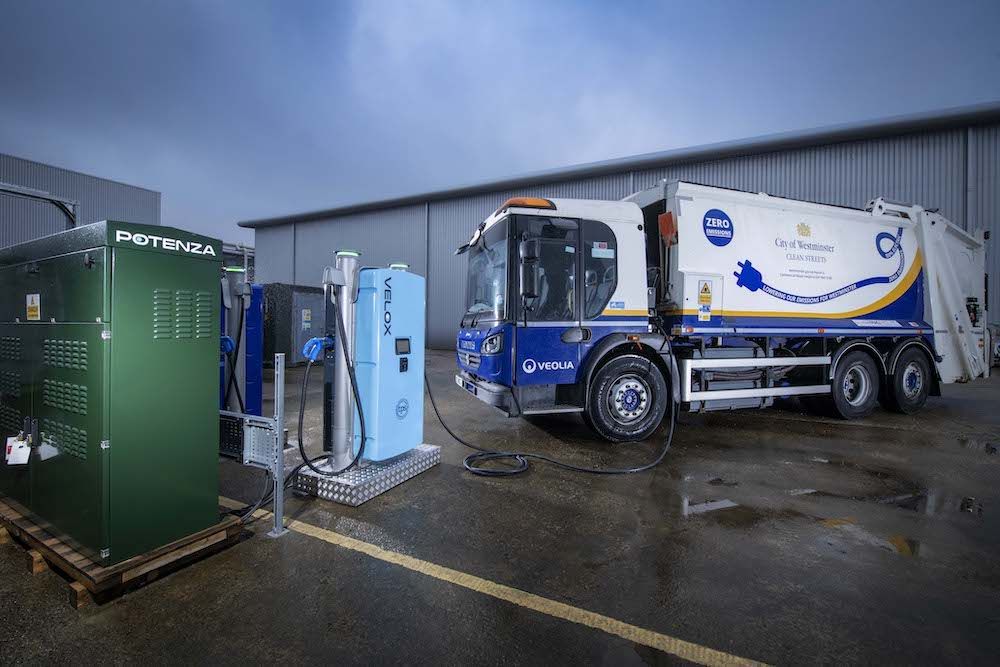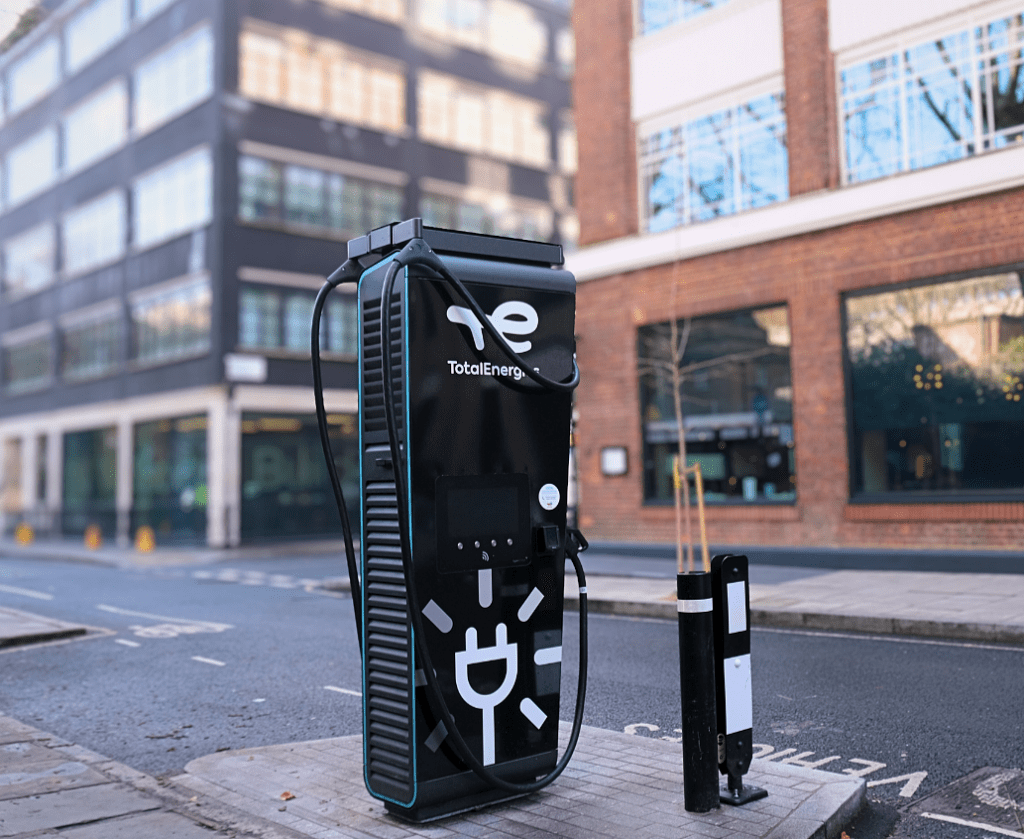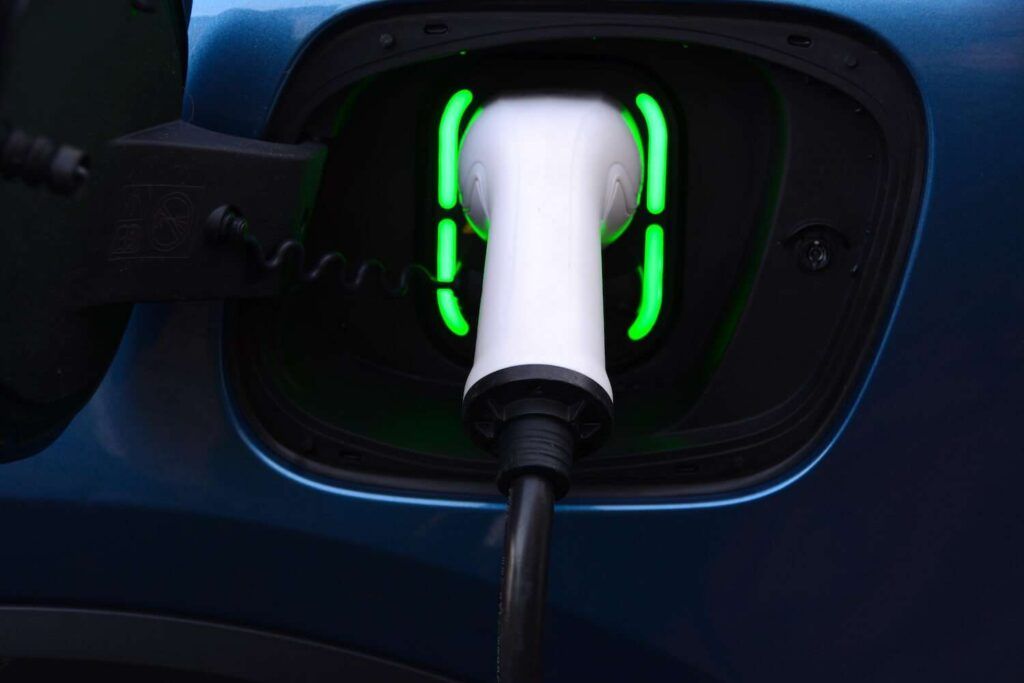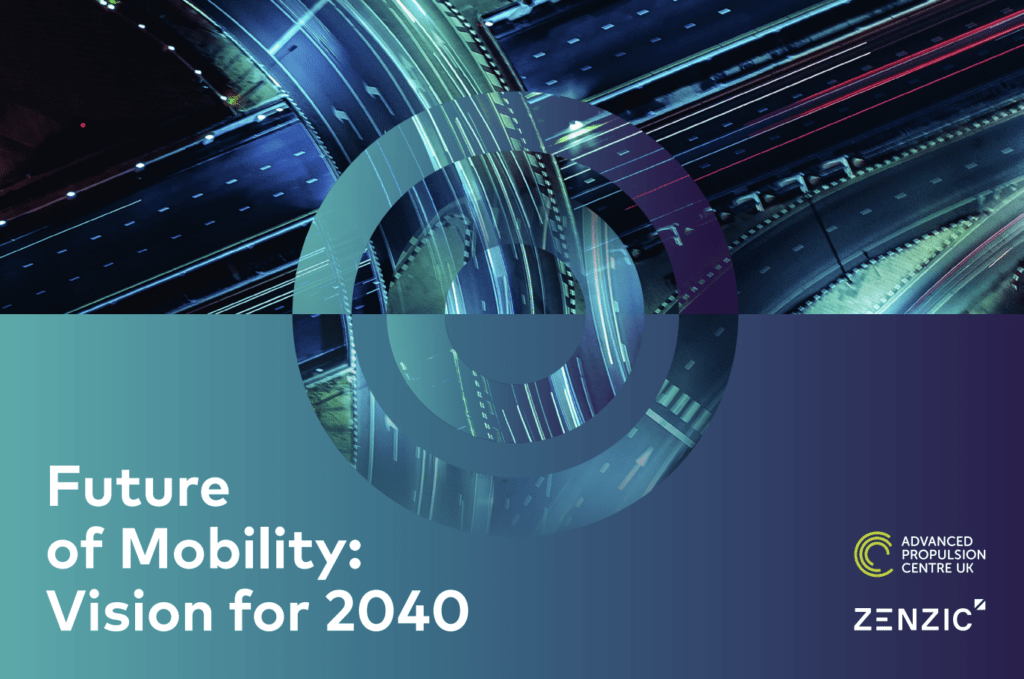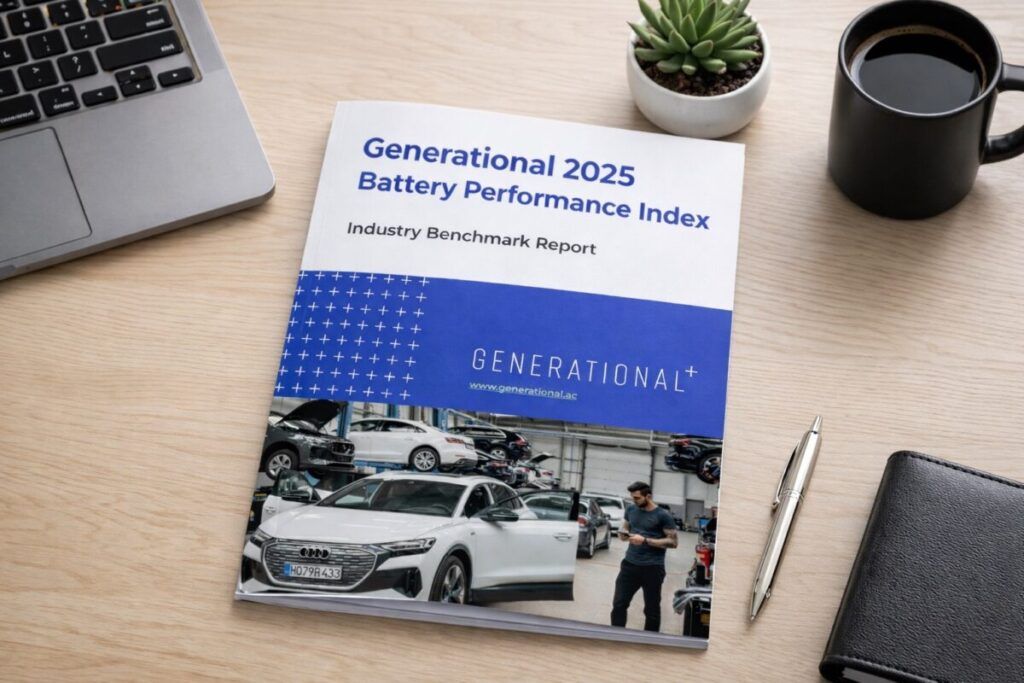Waste management firm Veolia has successfully completed a V2G trial in the UK through trucks becoming a flexible energy source.
The move follows Veoilia unveiling its vehicle-to-grid (V2G) innovation that enabled waste collection trucks to power UK homes by feeding back stored energy from their batteries to the grid. The first phase of the trial saw 110 KW of energy charged and discharged from two bi-directional vehicles, enough to supply power to 110 households for more than two hours during peak evening hours. It will now plans to expand the trial and test it out on the streets, using Westminster council collection vehicles to pilot the innovation.
Following results of the trial, Veolia plans to eventually electrify all of its 1,800 refuse collection vehicles in the country by 2040. The move will enable it to provide to the grid around 200 MW of flexible power capacity daily, an equivalent of the evening peak energy demand of more than 150,000 homes.
With electricity demand in the UK expected to double by 2050, and Government’s targets to decarbonise the National Grid by 2035, batteries have a role to play as they can not only recharge from the electrical grid.
But they can also feed back stored energy from their batteries to the grid using to V2G, which can provide energy during peak demand periods, contribute to grid stability by regulating frequency and voltage, and even store excess renewable energy for later use.
Waste trucks are ideal for this technology because their batteries are six times larger than an average car, maximising the V2G potential.
In addition, Veolia will maximize the use of local decarbonizing energy from its waste-to-energy plants to power its vehicles, creating a perfect circular loop. This will include the Landmann Way vehicle depot in North London, powered by low-carbon electricity from the SELCHP plant.
Estelle Brachlianoff, CEO of Veolia, said: “We need to innovate in local decarbonizing energy and transform our traditional approaches to take advantage of untapped sources. This requires a change of mindset and a collective willingness to rethink the way we produce, distribute and consume energy. The success of the V2G demonstration illustrates this perfectly. By enabling electric vehicles to become active players in the power grid, we are harnessing their potential to balance energy supply and demand, reduce carbon emissions and promote renewable energy”.
Gavin Graveson, Senior Executive Vice President Veolia Northern Europe Zone said: “Flexibility is the key to super-charging the UK’s energy security and the transition to a smarter and more sustainable market. We have to adapt to increasing energy demand and adopt smarter energy systems to bring resilient, dependable and low carbon energy to our homes and businesses. Flexibility innovations like this one have the potential to revolutionise the way we manage our energy usage and represent a huge opportunity to cut costs and carbon”.
Image courtesy of Veolia




